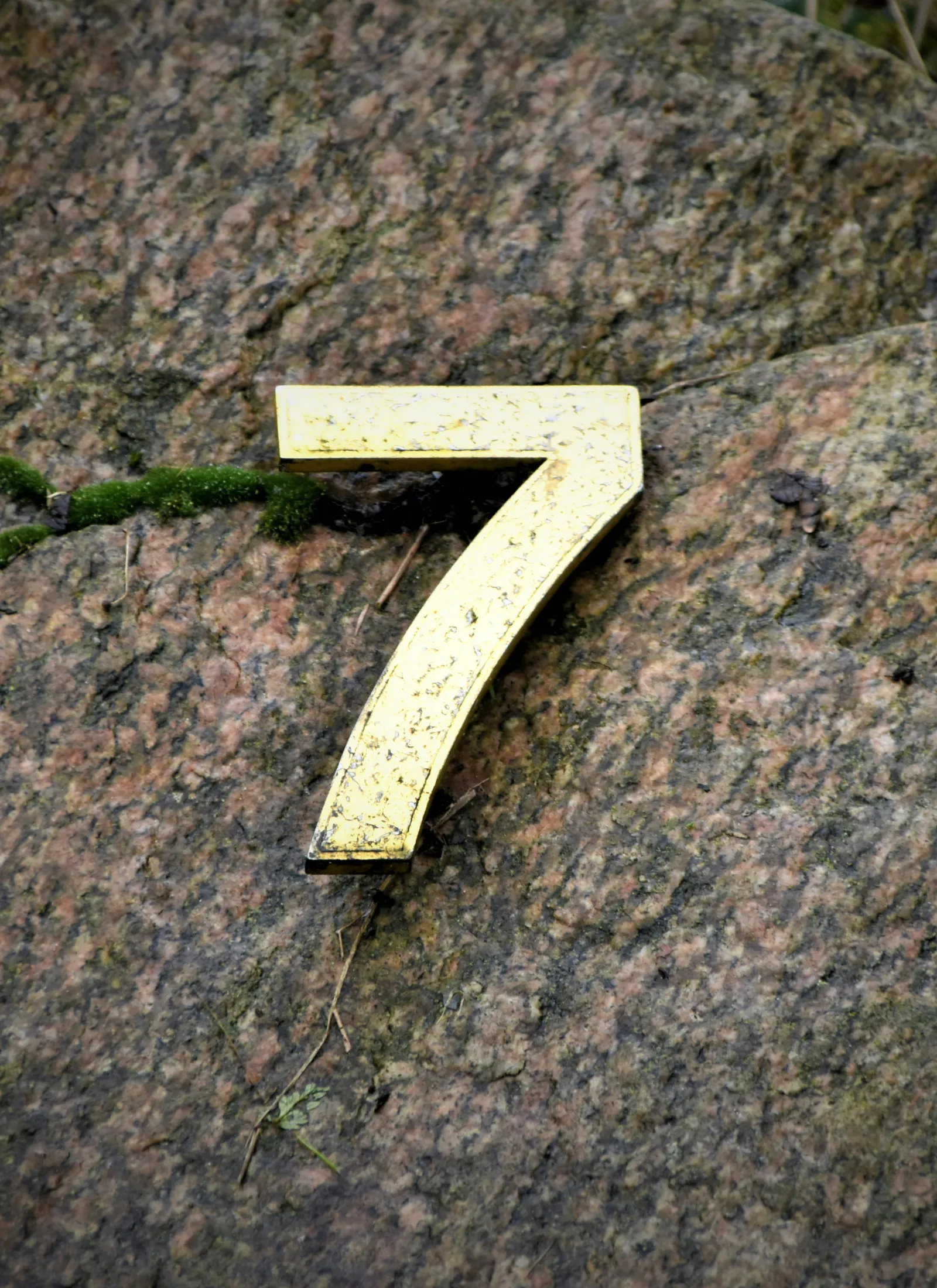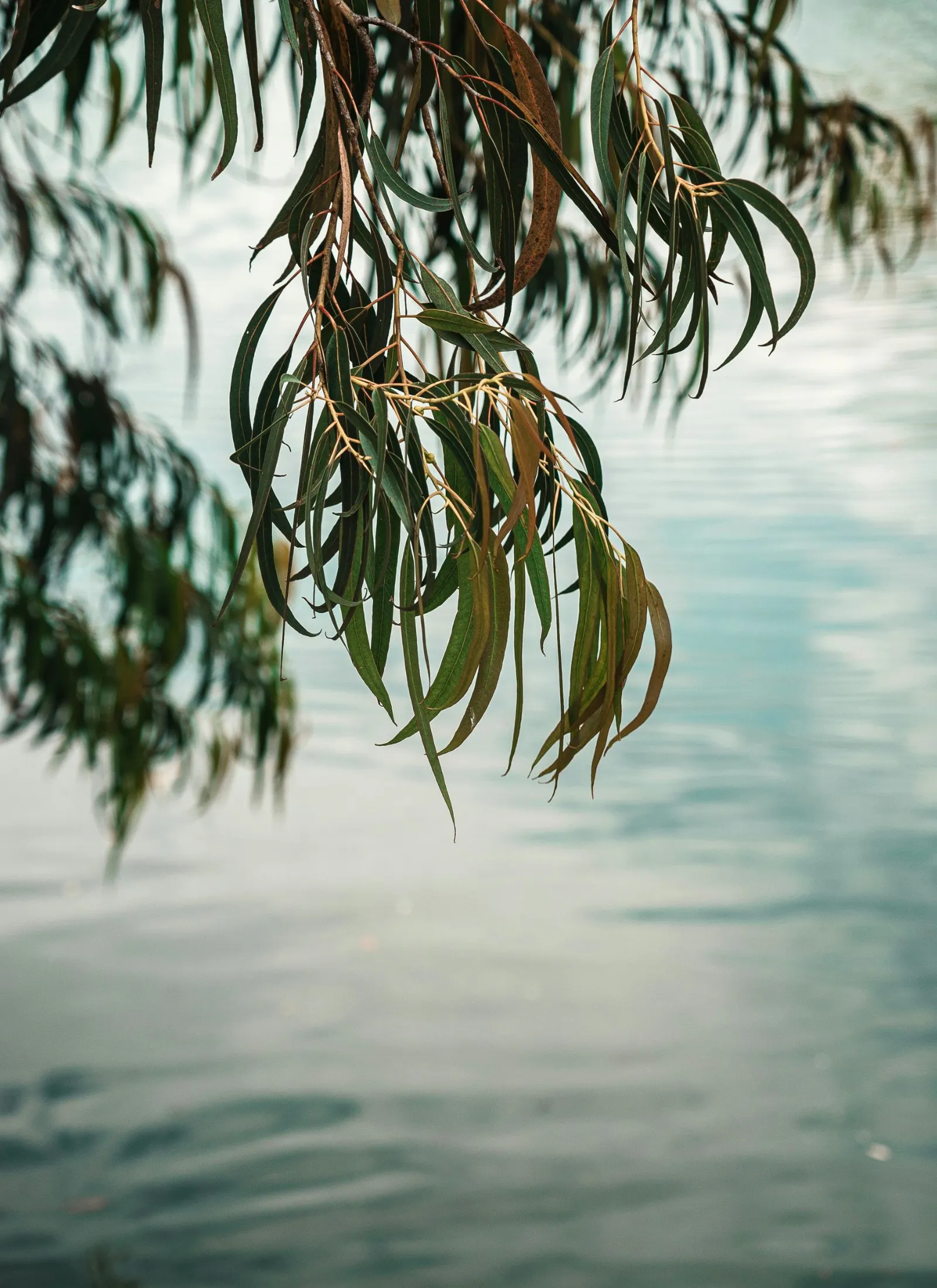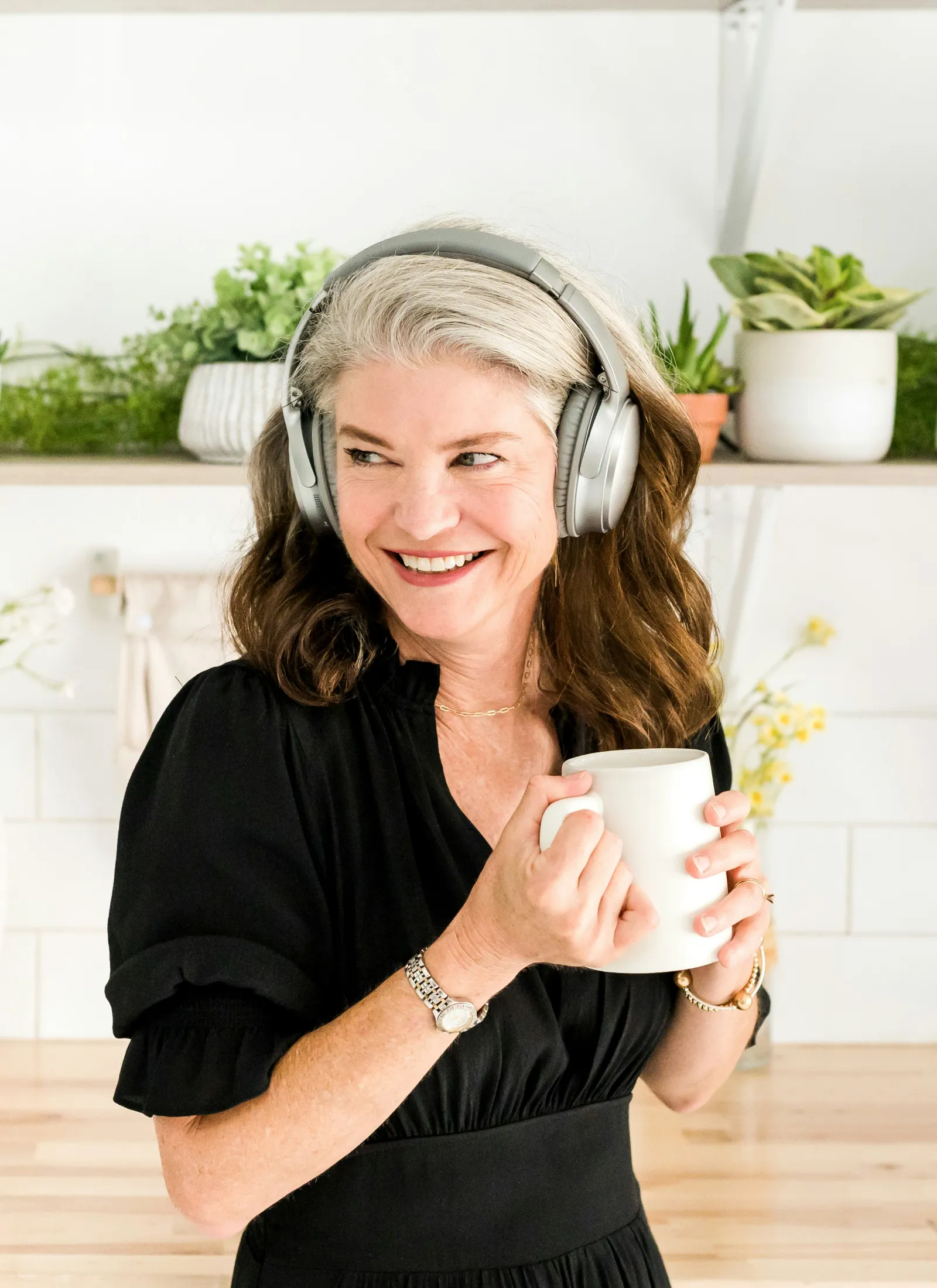
The Childhood Tree That Taught Me Everything About Recovery
I was only a kid when I discovered my first recovery room.
It wasn't in a clinic or therapist's office - that all came later. It was under the sweeping branches of a magnificent willow tree in our back garden, where I built what my family called "Dave's Den." For years, whenever the world felt too loud or complicated, I'd disappear under those drooping green curtains.
My parents thought it was cute -a shy kid playing in his fort. But looking back now, years into helping others find their path to sobriety, I realise that willow tree taught me everything I needed to know about creating sanctuary.
It also taught me something I wouldn't understand until much later: the seeds of recovery are often planted long before we know we'll need them.
What Real Sanctuary Feels Like
Under those branches, I had everything exactly as I needed it. No clutter. No chaos. Just filtered green light dancing through the leaves, the gentle whisper of wind overhead, and space to think without interruption. I'd sit there for hours, not doing anything that would seem productive to an adult - just being present with myself in a way that felt both foreign and essential.
Even as a child, I was unconsciously creating the perfect therapeutic environment: contained, safe, aesthetically pleasing, and entirely under my control. I was building my own healing space without even knowing what healing meant.
The willow tree didn't judge. It didn't ask questions. It simply held space for whatever version of me showed up that day - angry, confused, curious, or quietly content. In its embrace, I learned that sanctuary isn't about having answers; it's about having permission to exist exactly as you are.
The Dangerous Difference Between Solitude and Isolation
There's a crucial difference between chosen solitude and imposed isolation, though it took me decades to understand it. Under the willow tree, I was choosing to be alone - creating space to process, to dream, to simply exist without performance or expectation. I was with myself, not running from myself.
Later in life, when alcohol became my coping mechanism, I thought I was seeking the same thing. But here's what hit me during recovery: addiction doesn't create sanctuary; it creates prison.
Healthy solitude connects you more deeply to yourself. Addiction severs you from everything - including your own authentic self. I thought I was still building sanctuaries, but I was actually constructing elaborate cages. The bottle became my willow tree, except this tree had thorns that cut deeper with each visit.
The Pattern That Eventually Saved Me
Throughout my life, I kept returning to this pattern: finding or creating spaces that felt composed, intentional, and safe. My dark room where I developed photographs. Quiet corners of libraries where knowledge felt sacred. Anonymous freedom wandering through cities with my camera, where every street corner became a potential sanctuary.
But it wasn't until I was having withdrawal seizures - my body literally shaking me awake from the delusion that I could sanctuary myself with poison - that I understood the pattern fully.
When I finally got sober, one of the first things I did was recreate that sense of sanctuary. Not under a tree this time, but in the recovery community that became my new safe space. Like that willow tree, it was contained, protective, and entirely focused on healing.
But unlike my childhood solitude, this sanctuary included other people who understood exactly what I was trying to build. That's when the final piece clicked: the most powerful sanctuaries aren't just individual - they're communal.
What Every Recovery Space Needs
Today, when I work with people through Phenomenal, I see the same desperate hunger in every client: the need for a space that feels safe enough to do the real work of transformation. They arrive exhausted from trying to build sanctuaries out of substances that only construct stronger prisons.
Not everyone needs a willow tree, but everyone needs their version of sanctuary. Some find it in morning meditation. Others in evening walks where each step becomes meaningful. Some in creative practice that turns pain into beauty, others in community connection that transforms shame into belonging.
The medium doesn't matter - what matters is recognising that recovery requires space that is:
Contained: Clear boundaries that separate healing space from daily chaos, like my willow branches that created a natural room
Chosen: Voluntary retreat, not imposed isolation - the difference between sanctuary and prison
Composed: Peaceful enough to settle your nervous system, because beauty is medicine
Consistent: Reliable access whenever you need it, like roots that go deep enough to weather any storm
Finding Your Own Willow Tree
If you're struggling with drinking, I want you to consider this: Where is your willow tree? Where do you go - or where could you go - to simply be with yourself without judgment, without performance, without the need to be anyone other than who you are?
Here's what I wish someone had told me decades ago: the sanctuary you're looking for isn't at the bottom of a bottle. It's not in the next achievement, relationship, or escape. It's in the space you create - physical, emotional, spiritual - where your authentic self can finally breathe.
Recovery isn't just about stopping drinking. It's about remembering how to build sanctuaries that actually protect you. It's about becoming the architect of your own healing space instead of the prisoner of your own coping mechanisms.
The Sanctuary That's Waiting for You
Sometimes finding sanctuary starts with something as simple as identifying your tree. Sometimes it starts with admitting that the tree you've been hiding under has become the very thing you need rescuing from.
Either way, the sanctuary you seek is closer than you think. It's waiting for you to stop running and start building.
Maybe it's finally joining a community like Phenomenal where your story doesn't make you an outsider but brings you home. Maybe it's creating a quiet corner in your own space where you can be honest with yourself. Maybe it's simply recognizing that you deserve a place where you can exist exactly as you are.
The beautiful thing about sanctuary is that once you know how to create it, you can build it anywhere. And once you've experienced real sanctuary - the kind that connects you to yourself rather than cutting you off from everything - you'll never mistake a prison for a safe space again.
Your Invitation to Begin
What spaces have provided sanctuary in your life? What would it look like to create that kind of safety for yourself right now? Sometimes the journey to recovery begins with something as simple as remembering what real peace feels like - and giving yourself permission to build it again.
Ready to Build Your Sanctuary?
Discover how Phenomenal creates the kind of safe, supportive environment where real transformation becomes possible.











